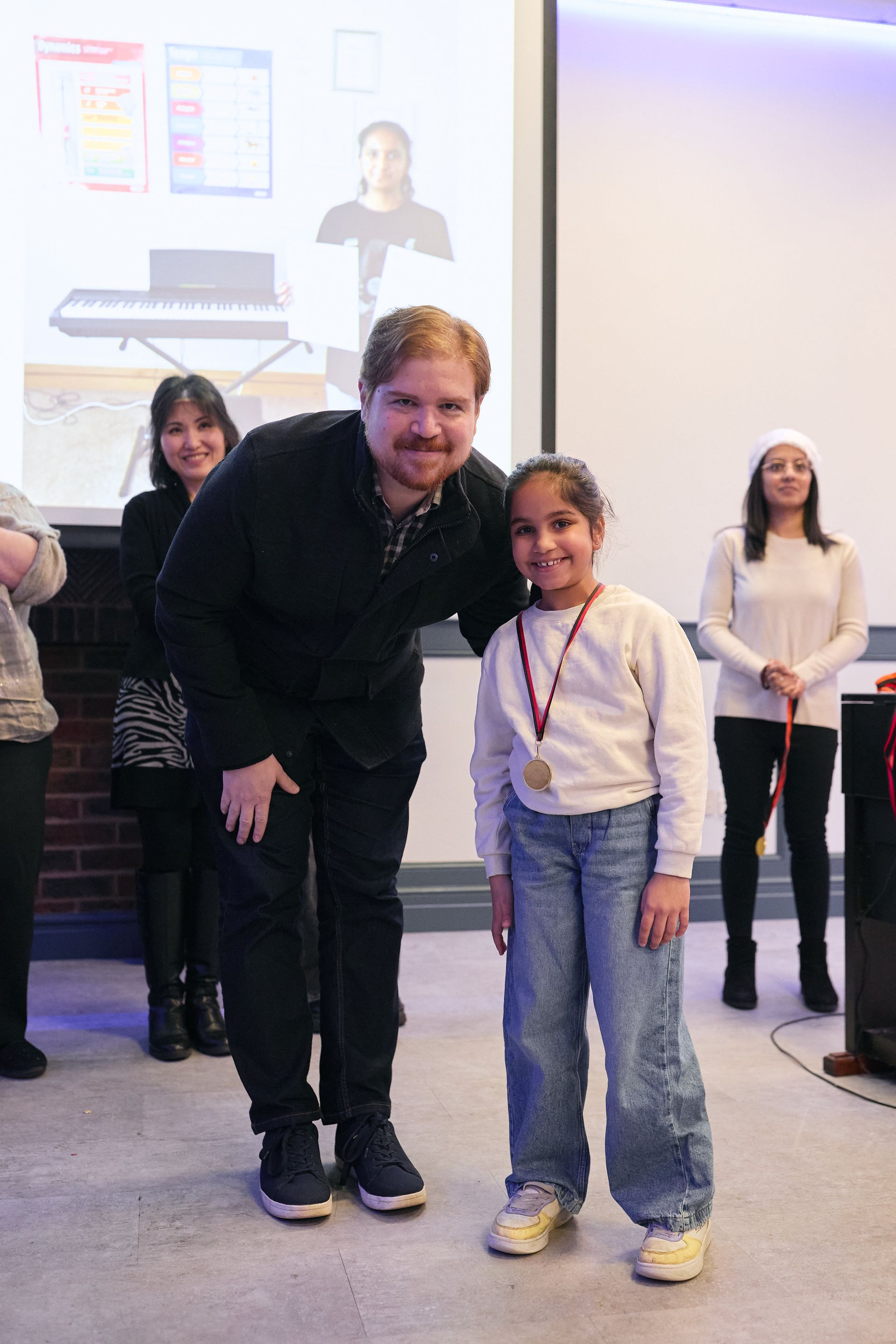PIANO PRACTICE TIPS TO SUPPORT YOUR MUSICAL JOURNEY DURING LOCKDOWN
Not sure where to start when you sit down at the piano? These practice tips will keep you focused on meaningful improvement.
Practising is the most important part of learning and becoming a piano player. Remember these tips to take your practice time to its highest potential!
- Make a game plan
Ensure that you start each of your practice sessions with a goal in mind. You will find you progress more quickly and effectively.
Try taking some time out to think about what you will be working on for the week. If you learn with a teacher, look at or ask what practice tips they would recommend for you.
Then decide when you can set aside 10-15+ minutes in your day to help you work on these areas.
Remember that practising little and often helps to build muscle memory, so in the long run this is more productive than simply practising once per week.
- Create atmosphere
Get the right set-up for you. Whether you prefer to concentrate in a quiet practice room or somewhere with more stimulation, try be consistent with your choice. This will help you enter the right mindset when you begin to practise.
- Study the score before playing
Don’t just play a piece or passage over and over again, and definitely don’t just power through a problem area and ignore it. Identify where you are stumbling out of time and work out why it’s going wrong, then decide how you are going to fix it. Don’t be afraid to ask for help from your teacher or fellow musicians!
- Actively listening to your piece of music
Whether it’s a recording of yourself or someone else playing the same piece of music or scale that you are learning, this can help you to gain a better understanding of the style of the music.
- Practice hands separately
If you are learning a piece hands together, it’s a completely different skill to learning it hands separately as you are activating both sides of the brain when you are playing hands together but only one side of the brain when you play hands separately. Try to practice one hand at a time when you initially learn your piece of music and don’t be afraid to do this if one hand it lagging behind even once you have begun practising hands together.
- Be consistent with your finger patterns
If you notice any repeated note patterns in your music, try to stick to the same finger pattern too. This will help your brain to recognise this section of the music each time you refer back to it and will therefore allow the piece to flow more easily.
- Enjoy yourself
Whilst we are all locked up inside, it’s the perfect opportunity for you to perform to your household members or even online to your friends and family. Send us through your videos and we’d love to see everyone getting involved!
Use this time to experiment and improve on your piano practice habits and feel free to ask us any questions you may have!
For more tips and tricks follow us on Instagram: @keysoundsuk or Facebook: www.facebook.com/keysoundsuk
The post PIANO PRACTICE TIPS TO SUPPORT YOUR MUSICAL JOURNEY DURING LOCKDOWN appeared first on Key Sounds UK.





